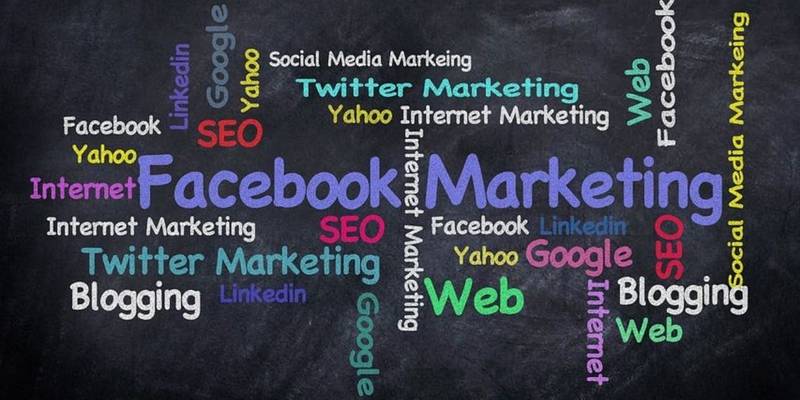The marketing cloud consultation certification program is designed for people with experience in the configuration of marketing cloud solutions. If you complete and pass the Salesforce Certified Marketing Cloud Administrator exam, you prove that you have the required expertise to administer and configure a marketing cloud. Over the past years, Salesforce’s Marketing Cloud has changed significantly. Even if you were an expert on the old salesforce’s marketing cloud, you would have to study the new trends in the field and pass its test. In June 2020, the Marketing Cloud certification program was revamped. There was an introduction of a new Salesforce Administrator who is currently the Salesforce Marketing Cloud Consultant certification prerequisite.
What Can You Expect In The Exams?
The Marketing Cloud Consultant Certification examination includes 60 questions of multiple choice and covers different areas and fields. The official exam outline shows what you are expected to possess and how you are supposed to prepare. The questions test the varying complexity of scenarios. Some questions will test your general knowledge and understanding of the concepts of Marketing Cloud. Most of them will test the specificities of the topic’s functionalities, methods, and setup. This is how the previous version of the Marketing Cloud consultant Certification examination differs from the newer version. The updated version covers more cross-cloud products and cross-channel messaging scenarios. The more recent version delves more into Marketing Cloud Connect, Mobile Studio, Sales Cloud initiated messaging, and Marketing Cloud Connect. The questions aim to test your consulting skills. Specifically, they test if you understand a scenario, consider the possible constraints or limitations, and provide the best suitable answer for achieving a goal.
As you prepare, you need to understand that the certification requires hands-on experience in Salesforce Marketing Cloud projects. In addition to self-study, the salesforce demands at least five to six implementation projects. Therefore, go all out to achieve as much real-life experience of Marketing Cloud as possible.
In addition to getting real-life experience in Marketing Cloud, you will also need to do self-study. To be at your best game in self-study, acquire a good grasp of critical concepts and write them down along with the essential related keywords. Read the exam outline very closely to identify the key concepts.
You will then have to go into the variety of available resources in the Salesforce help pages and the search bar. You could look up a specific topic in the official documentation and then follow along in a Marketing Cloud training account for the best outcome. Search for the troubleshooting pages or best practices in the official documentation because they provide valuable information. They also contain the overview pages of specific topics which explain the broader concept, considerations, and hints. You don’t have to take too much time on multiple pages showing the step-by-step configuration guide. You also need to know that the official documentation is split up into many documents not linked together through the navigation.
1.Recap All The Basics Of Marketing Cloud And How Data Flows Into The Marketing Cloud

Do a thorough recap on all the basics thus: Sender Authentication Package, business unit setup, contact key management, Reply Mail Management, data extension management, and business unit architecture, among others.
You need to understand how data flows from Salesforce CRM or external systems into Marketing Cloud, including how the Marketing Cloud passes data back. Examine the interplay between Marketing Cloud features and Salesforce CRM. For example, Journeys are triggered from the data events of Salesforce CRM.
2.Understand The Configuration Of Automation Activities And Triggers In Automation Studio
The workhorse in Marketing Cloud is automation used to move, import, and transfer data, create regular logs, and for simple automation of emails. You will get several questions about the kind of automation to use, order for a specific scenario, or how the trigger configuration is done.
3.Know About The Different Options Of Sending And The Time To Use Which

You should know about the available alternatives of the best sending options. On the same breadth, learn more about: options of sending in Email Studio, sends from Automation Studio, and email sends when combined with Marketing Cloud Connect. You also need to check out the “Choose Your Send Method” trailhead module.
4.Understand The Integration Between Marketing Cloud Connect With Salesforce CRM And Marketing Cloud
Do you understand the integration between Salesforce CRM & Marketing Cloud with Marketing Cloud Connect? You need to know how it passes data, the level at which it integrates, and the kind of features it provides. Check out the topics and lessons of the official Salesforce training course to get a rough idea of its features. Additionally, you should also be able to troubleshoot common issues.
5.Understand The Distributed Marketing Product And The Features Of The Marketing Cloud
To understand the distributed marketing product, research the following;
- Specific features it adds to Salesforce CRM
- The use case with which it is a suitable solution
- How does it exchange and connect data with Marketing Cloud
- How do particular roles and rights settings impact use cases?
You need to understand the information provided by different reporting features and scenarios that make sense. Learn about: Tracking extracts, data views, send logging, standard reports, and the best practices on send logs.
Final Thought
The examination aims to certify you as a consultant for your client and their specific situation. Therefore, you need to understand that the best technical solution is not usually the best fit for individual clients. Therefore, always approach the questions with a mindset of consultation.

